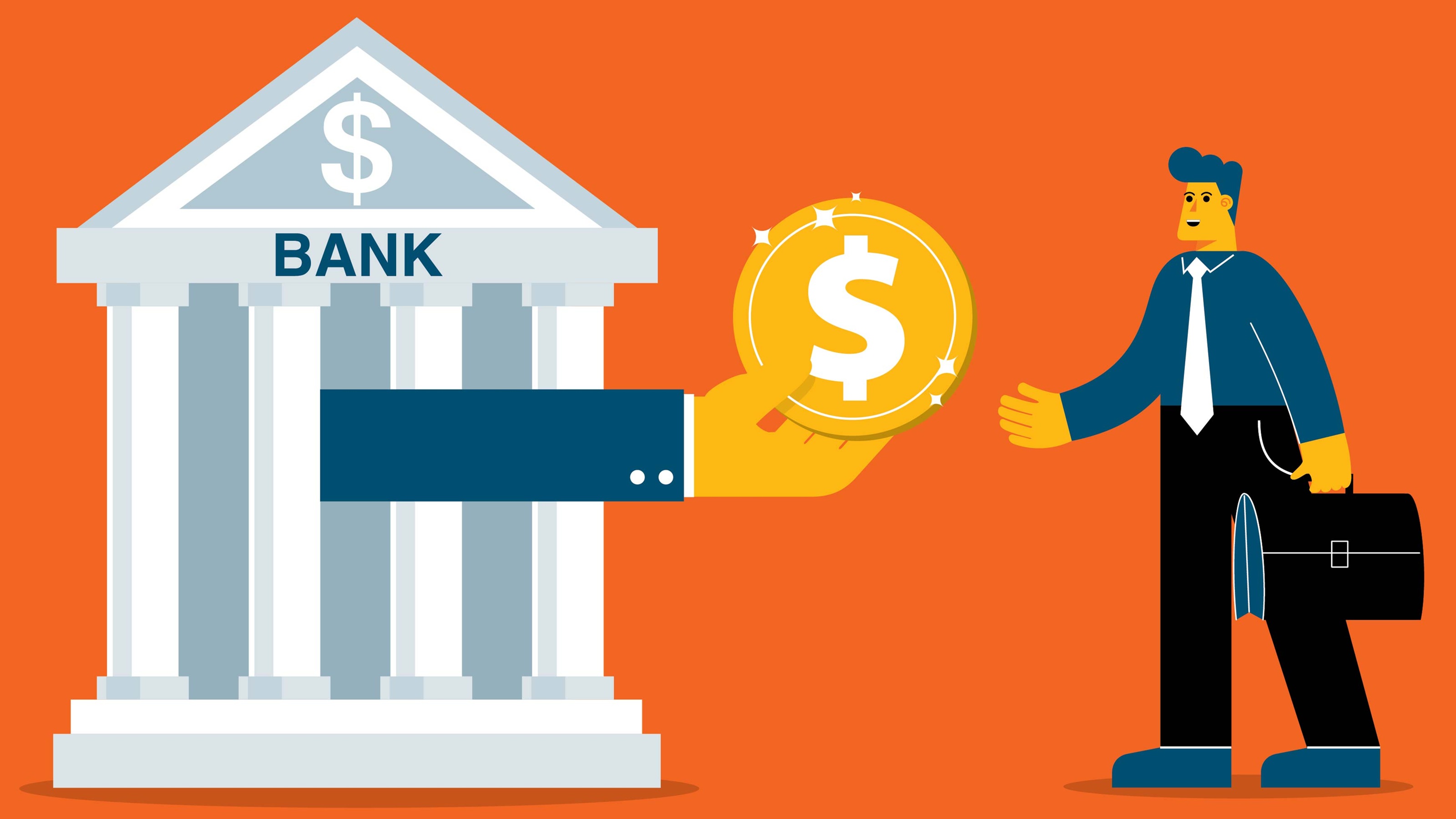You're 62 Years Old With $1 Million Saved: Can You Retire?
The answer depends on several factors. The key is to create a plan that combines all aspects of retirement — income, taxes, health care and legacy planning.


“How much do I need to retire?” People frequently ask me that question, which I addressed in a previous Kiplinger article, How Much Do You Need for a Comfortable Retirement? In that article, I explained that how much you will need in retirement depends on many factors, including how much you will receive in Social Security benefits, whether you have a pension, how much you need to cover day-to-day expenses, etc.
Many people come to the conversation believing that everyone needs $1 million saved before retiring. Whether that’s true or not also depends on several factors.
Let’s look at an example. John and Jane are married. Both are 62 years old, and they have $1 million saved for retirement. Based on his work history, John’s projected monthly Social Security benefit will be about $3,000, while Jane will receive about $1,500 in monthly benefits due to the spousal benefits rule within Social Security. Neither of them has a pension. (The details in this example have been updated.)

Sign up for Kiplinger’s Free E-Newsletters
Profit and prosper with the best of expert advice on investing, taxes, retirement, personal finance and more - straight to your e-mail.
Profit and prosper with the best of expert advice - straight to your e-mail.
The couple are ready to retire after 40 years of working. They say they need $6,000 in monthly income to live their desired lifestyle in retirement. If that’s the case, they will need to withdraw an additional $1,500 per month from their retirement accounts.
Looking ahead
During our analysis, we also see that John and Jane will likely have an excess amount of retirement savings when they pass away. They may want to consider either spending more money now or putting together a legacy plan indicating where the money should go when they’re gone. They will likely also want to consider other factors — such as future health care or long-term care needs, when deciding how much to take from their accounts each month.
Now, let’s use a similar scenario in which John and Jane say they need $10,000 per month in income. That same $1 million likely won’t stretch as far, and we may have to explore other options for the couple. They may need to work longer, work part-time in retirement, or live on less in retirement to accomplish their goals. When we work with families like John and Jane, we examine all scenarios to determine which options will help them avoid running out of money in their later years.
Investors with more than $1 million saved may want additional strategies to pay less in taxes and mitigate risk within their portfolio. One area we look at is required minimum distributions (RMDs). These are annual withdrawals the IRS says you must take from your qualified retirement accounts when you turn 73 or 75 (depending on your year of birth).
RMDs could push you into a higher tax bracket
Since RMDs are counted as ordinary income, they are taxable and could force you into a higher tax bracket. This, in turn, could result in up to 85% of your Social Security benefits becoming taxable as well. The higher income could also force you to pay higher Medicare premiums. This means diligent savers may end up paying more for medical care in retirement than those who haven’t saved as much (however, just because you pay more doesn’t mean you get more or better care!). We typically start by looking at our client’s total taxable retirement income and deploying strategies to reduce their tax bill.
The key to making these strategies work is to proactively create a plan that combines all aspects of your retirement — income, taxes, health care, and legacy planning — together. Maybe you already have $1 million saved, and you’re wondering if you can retire now. Or maybe you’ve waited to start planning for retirement and want to ensure you’ll have enough. Whatever your scenario, making decisions now can set you up for success later.
The appearances in Kiplinger were obtained through a PR program. The columnist received assistance from a public relations firm in preparing this piece for submission to Kiplinger.com. Kiplinger was not compensated in any way.
Related Content
- How to Retire Early in Six Steps
- Should You Keep Your 401(k) When You Retire?
- How a Roth Conversion Can Spare You From Medicare’s IRMAA and Taxes
- Are You a DIY Retirement Planner? Four Things You Need to Know
- Do You Have the Five Pillars of Retirement Planning in Place?
Profit and prosper with the best of Kiplinger's advice on investing, taxes, retirement, personal finance and much more. Delivered daily. Enter your email in the box and click Sign Me Up.

As Founder and CEO of Peak Retirement Planning, Inc., Joe Schmitz Jr. has built a comprehensive retirement planning company focused on helping clients grow and preserve their wealth. Under Joe’s leadership, a team of experienced financial advisers use tax-efficient strategies, investment management, income planning and proactive health care planning to help clients feel confident in their financial future — and the legacy they leave behind. Joe has also written two Amazon bestselling books, I Hate Taxes (request a free copy) and Midwestern Millionaire (request a free copy). You can find Joe on YouTube by clicking here, where he creates educational videos for those in or near retirement with $1M or more saved.
-
 Callable CDs Have High Rates. We Still Don't Recommend You Get Them
Callable CDs Have High Rates. We Still Don't Recommend You Get ThemInvestors must carefully consider the trade-offs, as falling interest rates could lead to reinvestment at a lower yield and make selling on the secondary market difficult.
-
 High Mortgage Rates Are Holding My Retirement Hostage: Can I Still Downsize and Retire?
High Mortgage Rates Are Holding My Retirement Hostage: Can I Still Downsize and Retire?We ask retirement wealth advisers what to do.
-
 Callable CDs Have High Rates: We Still Don't Recommend You Get Them
Callable CDs Have High Rates: We Still Don't Recommend You Get ThemInvestors must carefully consider the trade-offs, as falling interest rates could lead to reinvestment at a lower yield and make selling on the secondary market difficult.
-
 High Mortgage Rates Are Holding My Retirement Hostage: Can I Still Downsize and Retire?
High Mortgage Rates Are Holding My Retirement Hostage: Can I Still Downsize and Retire?We ask retirement wealth advisers what to do.
-
 Five Big Beautiful Bill Changes and How Wealthy Retirees Can Benefit
Five Big Beautiful Bill Changes and How Wealthy Retirees Can BenefitHere's how wealthy retirees can plan for the changes in the new tax legislation, including what it means for tax rates, the SALT cap, charitable giving, estate taxes and other deductions and credits.
-
 Portfolio Manager Busts Five Myths About International Investing
Portfolio Manager Busts Five Myths About International InvestingThese common misconceptions lead many investors to overlook international markets, but embracing global diversification can enhance portfolio resilience and unlock long-term growth.
-
 Stock Market Today: Nasdaq Hits a New High as Nvidia Soars
Stock Market Today: Nasdaq Hits a New High as Nvidia SoarsA big day for Nvidia boosted the Nasdaq, but bank stocks created headwinds for the S&P 500.
-
 June CPI Signals Tariff Impact: What the Experts Say
June CPI Signals Tariff Impact: What the Experts SayThe June CPI report shows that inflation is accelerating, but at a pace that's in line with economists' expectations.
-
 I Want to Buy an Annuity, but I'm Scared I'll Get Ripped Off. Should I Get One Anyway?
I Want to Buy an Annuity, but I'm Scared I'll Get Ripped Off. Should I Get One Anyway?An annuity is a way to achieve lifetime income in retirement, but you need to understand how this product works before making a purchase.
-
 Can AI Help With Your Finances?
Can AI Help With Your Finances?ChatGPT and other artificial-intelligence tools will streamline certain tasks, but don't count on them to get everything right.